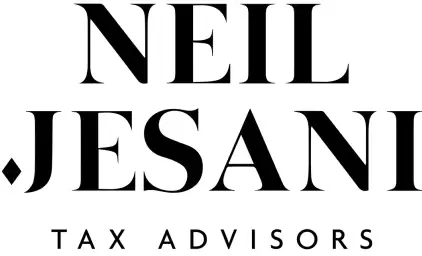With the Trump administration imposing 25% tariffs on steel and aluminum imports, business owners and investors must prepare for significant changes in pricing, supply chain disruptions, and tax implications. Whether you’re in Manufacturing, construction, or any industry reliant on imported materials, understanding how these tariffs impact your bottom line is critical.
1. Increased Costs for Businesses
The new tariffs are designed to protect domestic steel and aluminum production, but they come at a cost:
Higher Material Costs – Businesses that rely on steel and aluminum will see higher raw material prices, which may lead to increased production costs and lower profit margins.
Supply Chain Disruptions – Many companies source materials internationally, and tariffs could cause delays or force businesses to find alternative suppliers.
Inflationary Effects – Increased costs of goods could be passed down to consumers, leading to higher retail prices across industries like automotive, construction, and consumer goods.
2. Tax Implications & Planning Opportunities
While tariffs aren’t direct tax increases, they have major tax-related consequences:
Impact on Deductions – If higher material costs lead to reduced profits, your taxable income may decrease, affecting deductions and tax planning strategies.
R&D and Capital Investment Credits – Businesses investing in alternative materials or domestic production may qualify for research & development tax credits or accelerated depreciation.
Pass-Through Business Taxes – Small businesses structured as S-Corps or LLCs may experience a shift in their taxable earnings, requiring proactive adjustments.
What You Can Do:
Conduct a cost analysis to determine how tariffs will impact your expenses.
Explore new deductions and tax credits available for U.S.-based manufacturing and supply chain investments.
Consider working with a tax professional to adjust quarterly tax payments based on projected earnings.
3. How Businesses Can Adapt
Evaluate Suppliers – Businesses should consider sourcing domestic alternatives or renegotiating contracts with international partners.
Pass Costs to Consumers Carefully – If price adjustments are necessary, businesses should implement them gradually to maintain customer loyalty.
Reassess Long-Term Financial Planning – Companies with significant exposure to steel and aluminum imports should adjust financial projections and investment strategies accordingly.
Final Thoughts: Be Proactive, Not Reactive
Tariffs introduce uncertainty, but strategic planning can mitigate financial risks and even create new opportunities. Whether you need tax planning, supply chain consulting, or financial restructuring, preparing now can prevent costly surprises.
Need expert guidance on navigating these policy changes? At Neil Jesani Advisors, we help businesses optimize tax strategies and financial planning in response to economic shifts. Schedule a consultation today to safeguard your bottom line!


